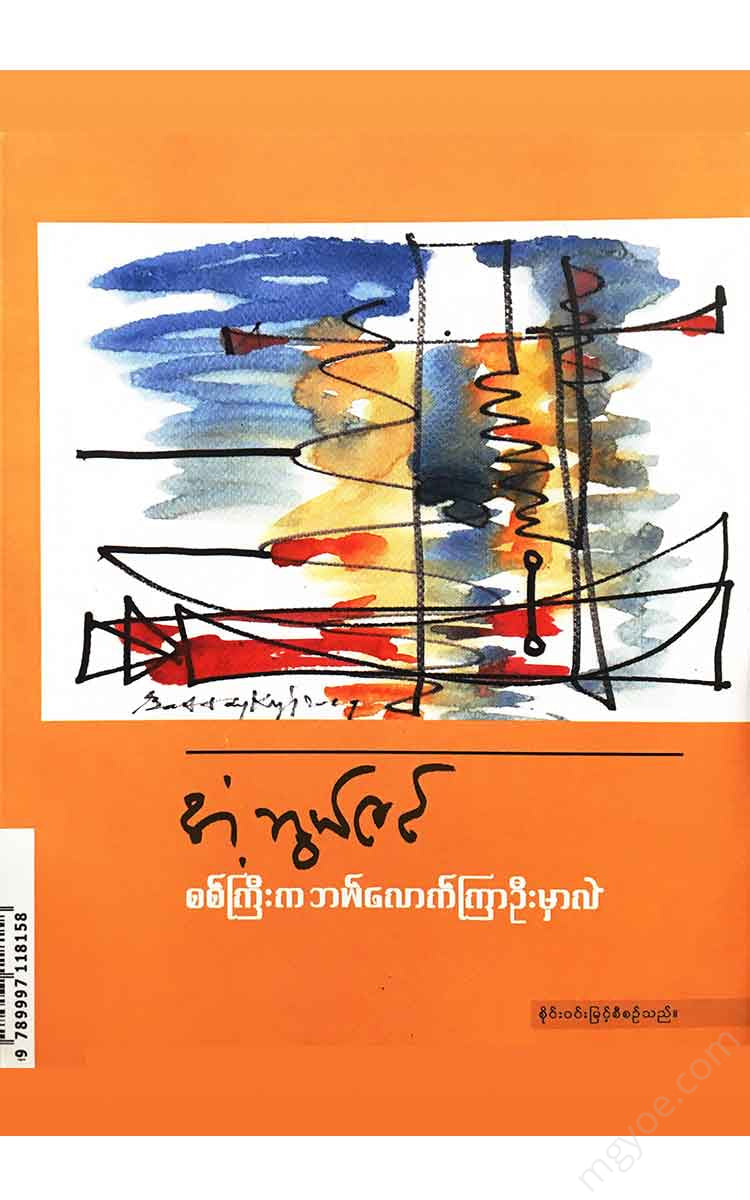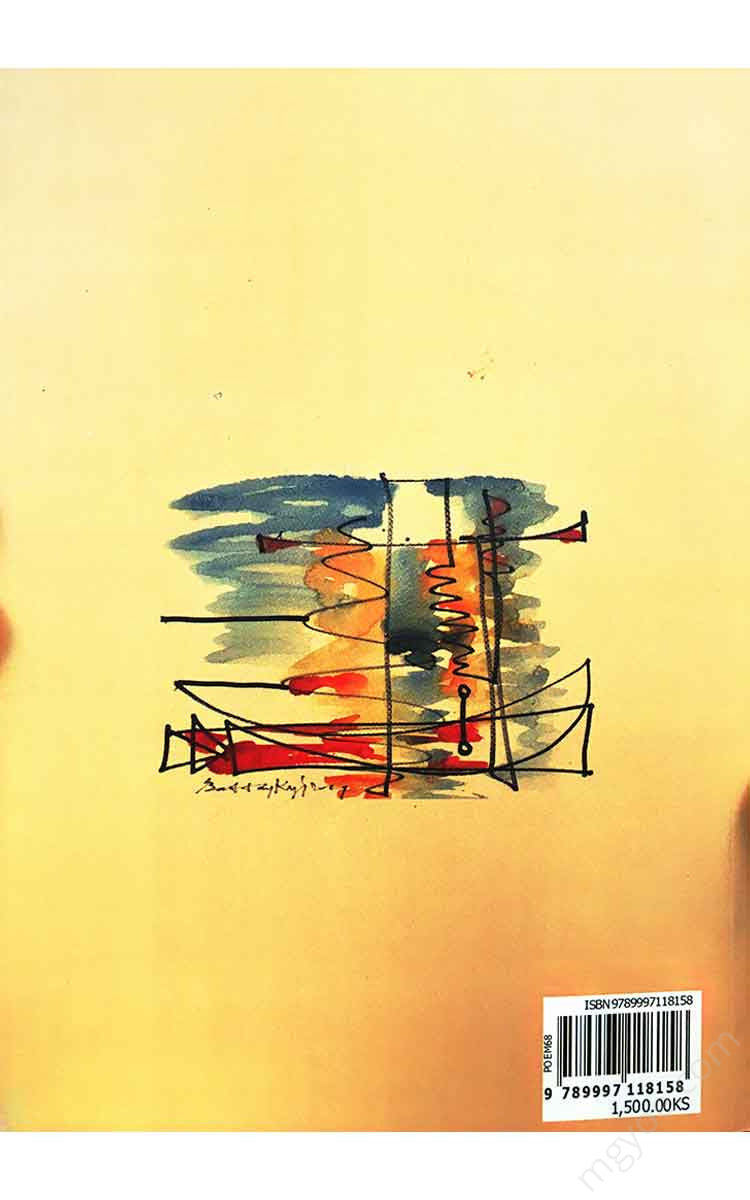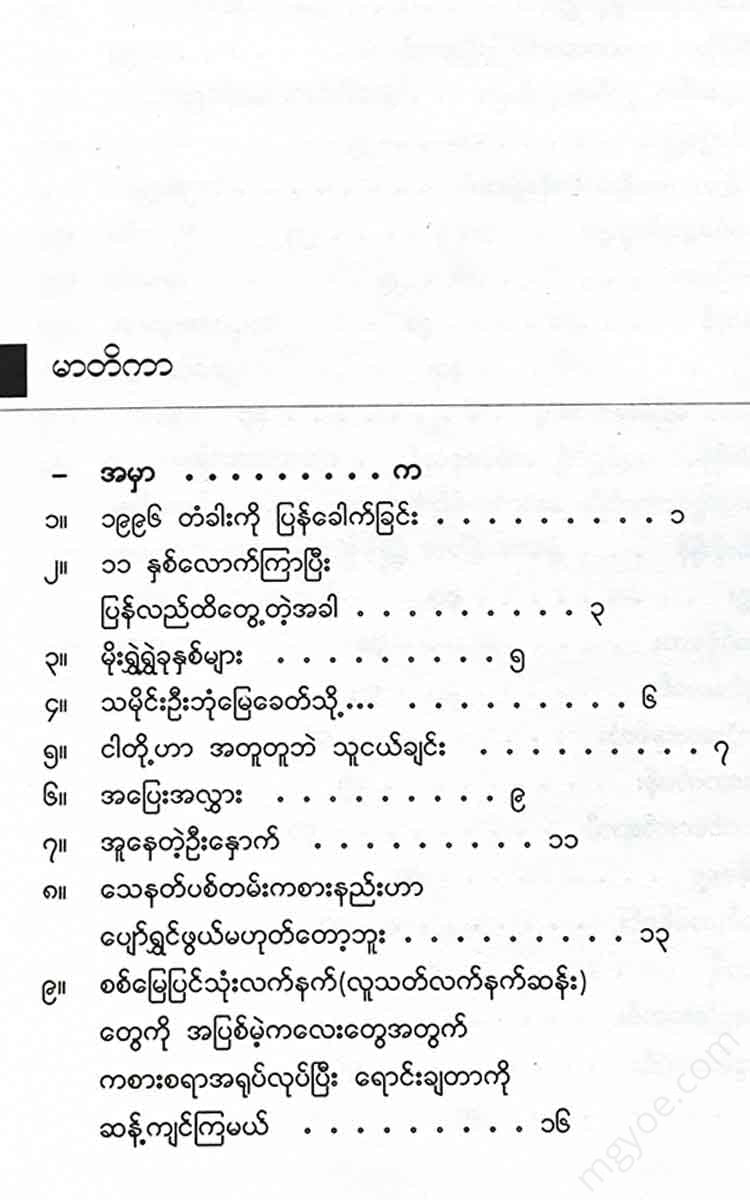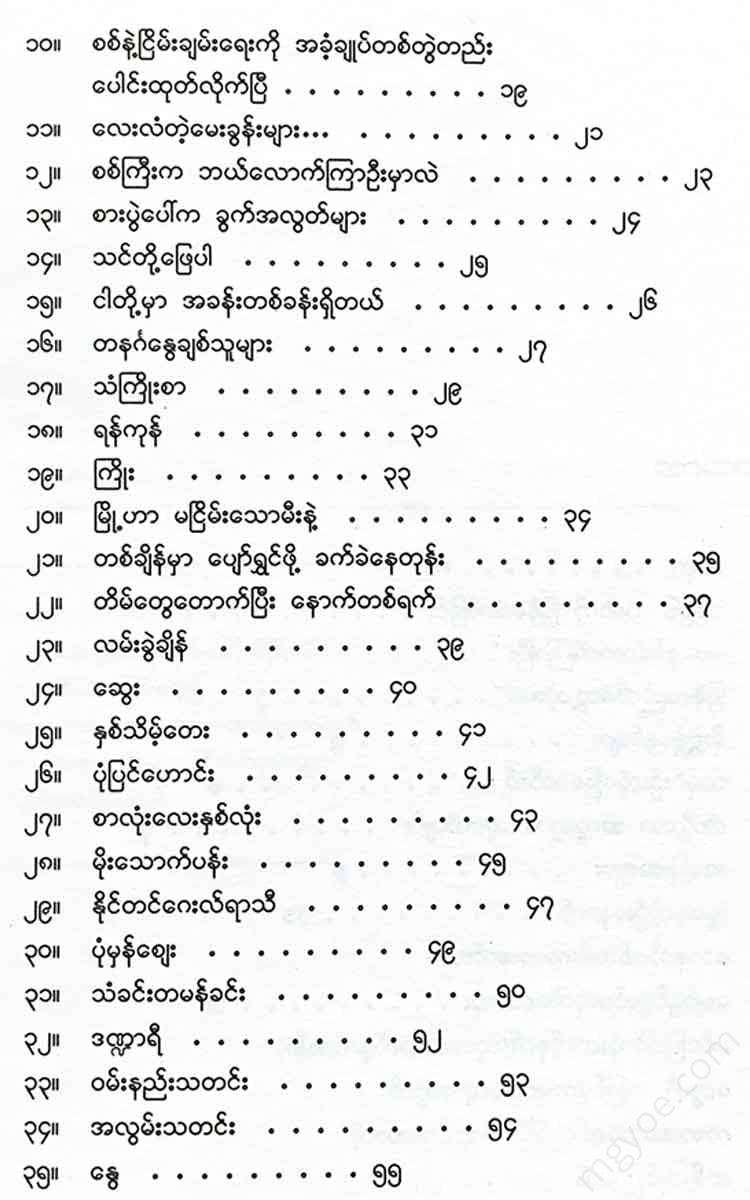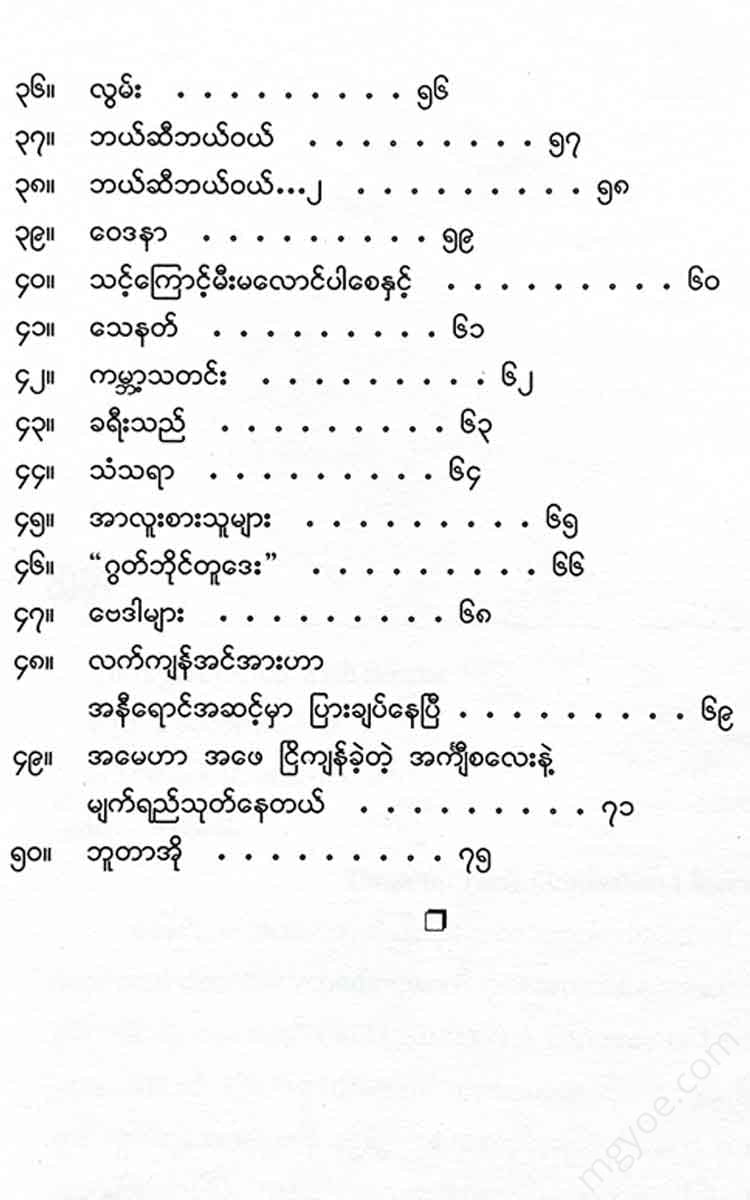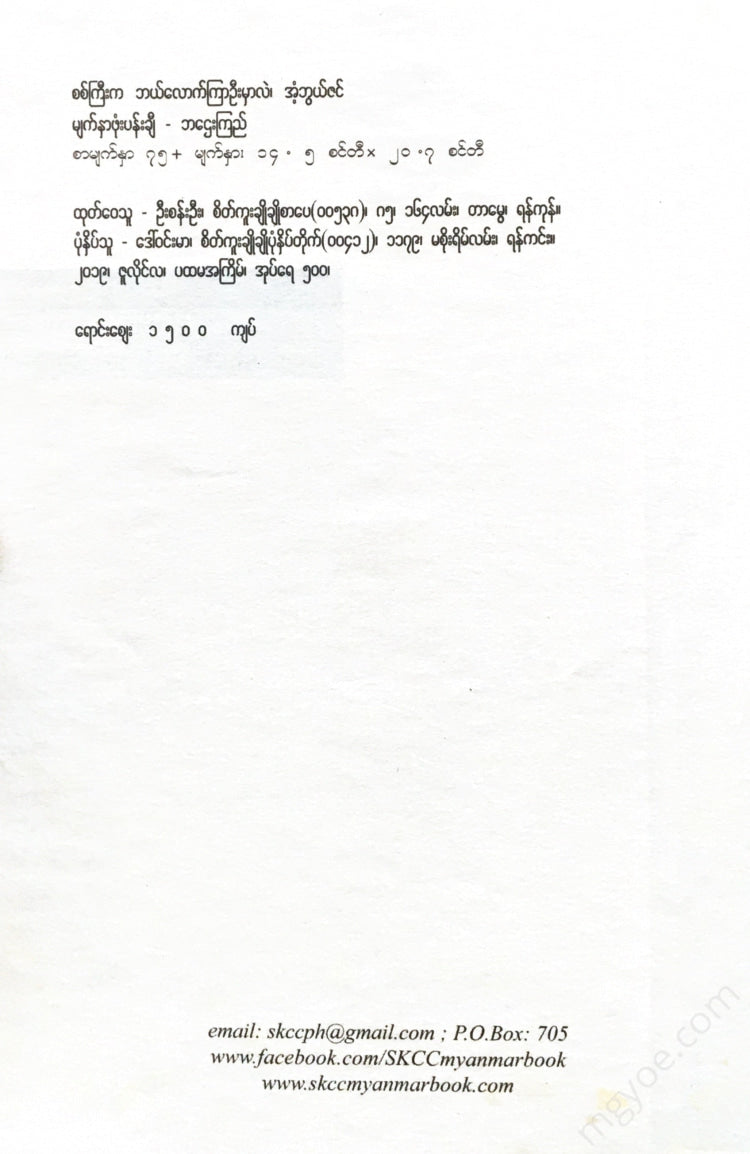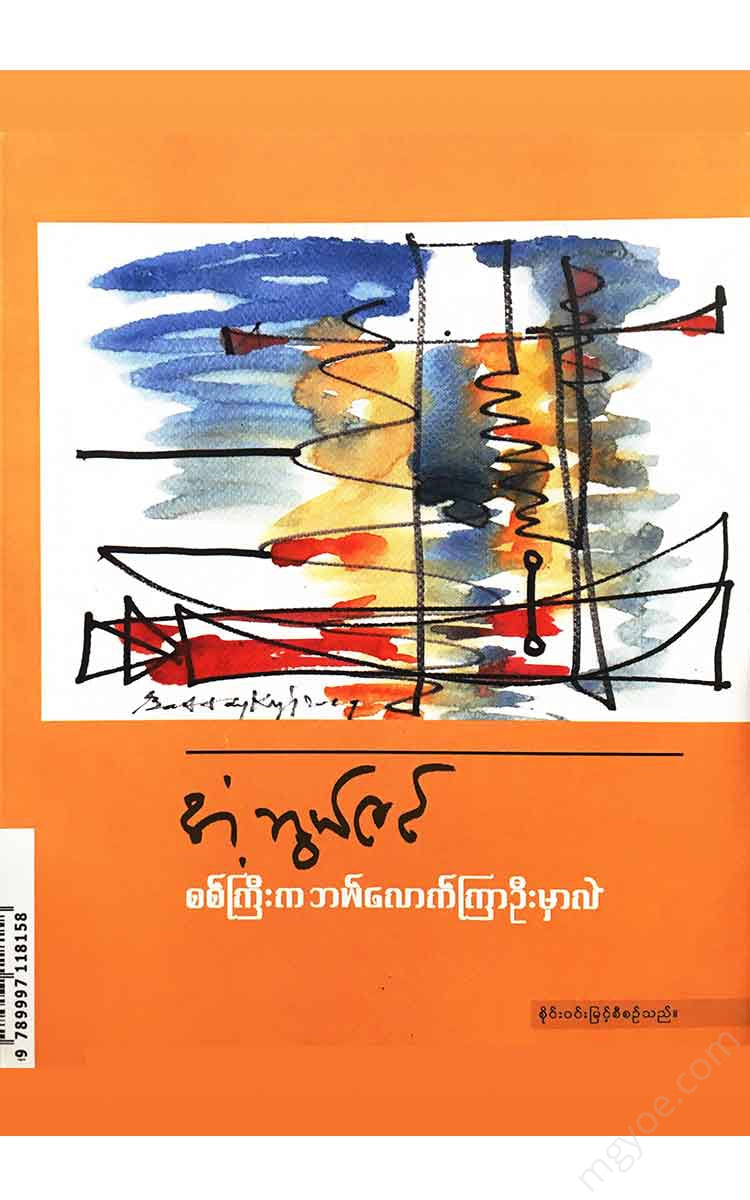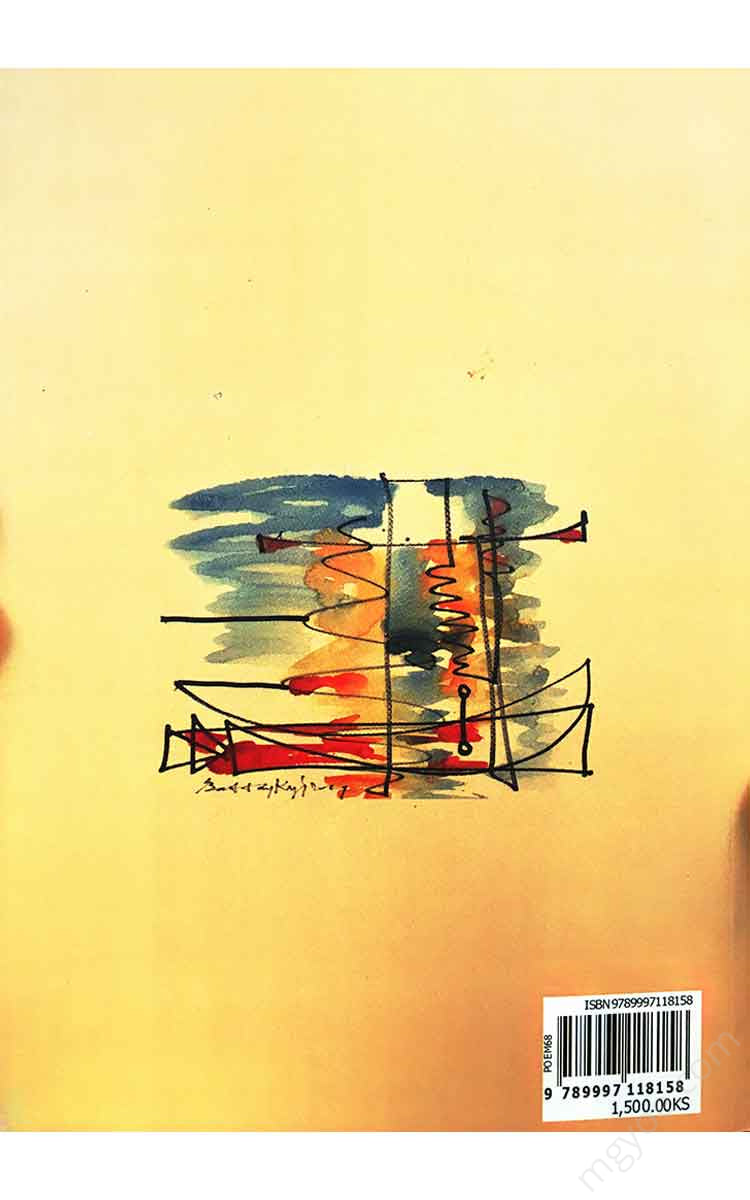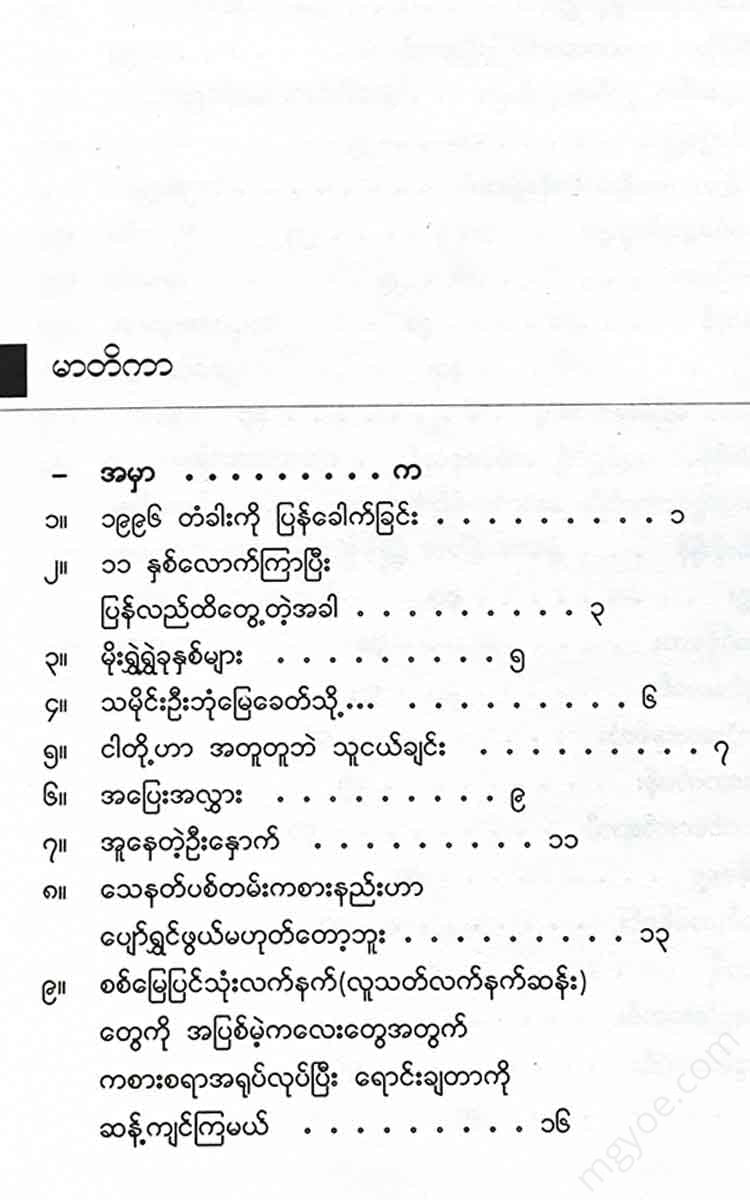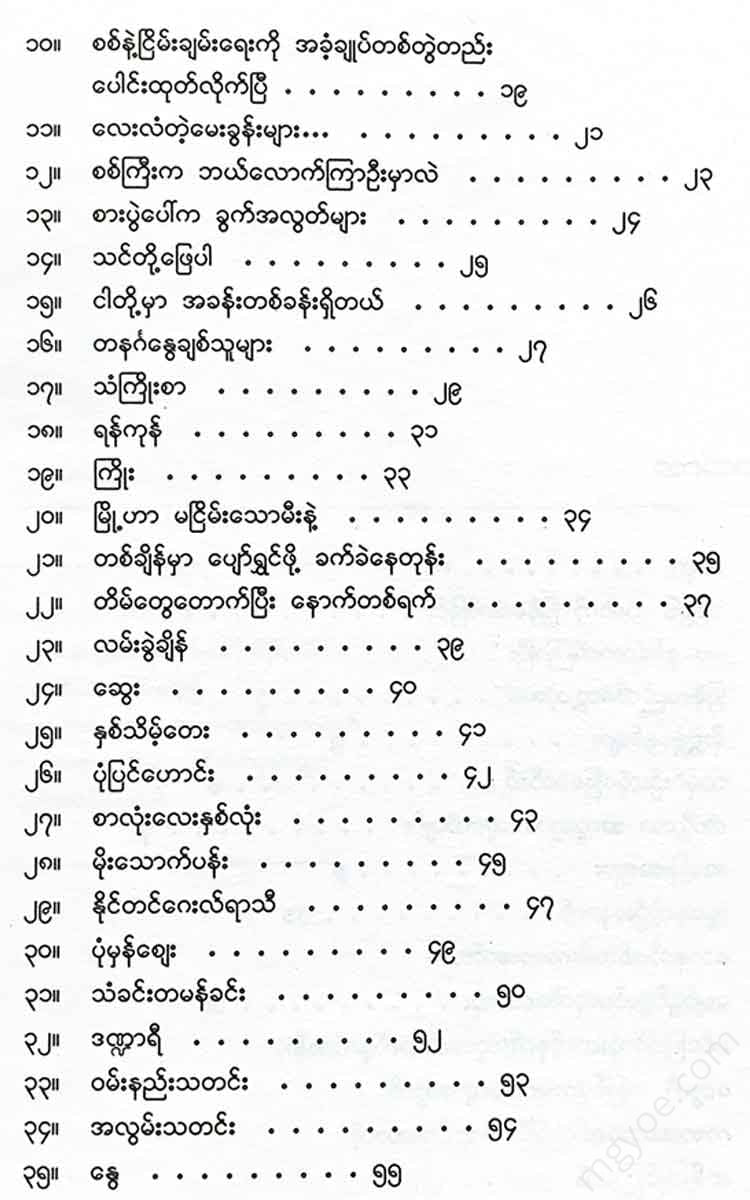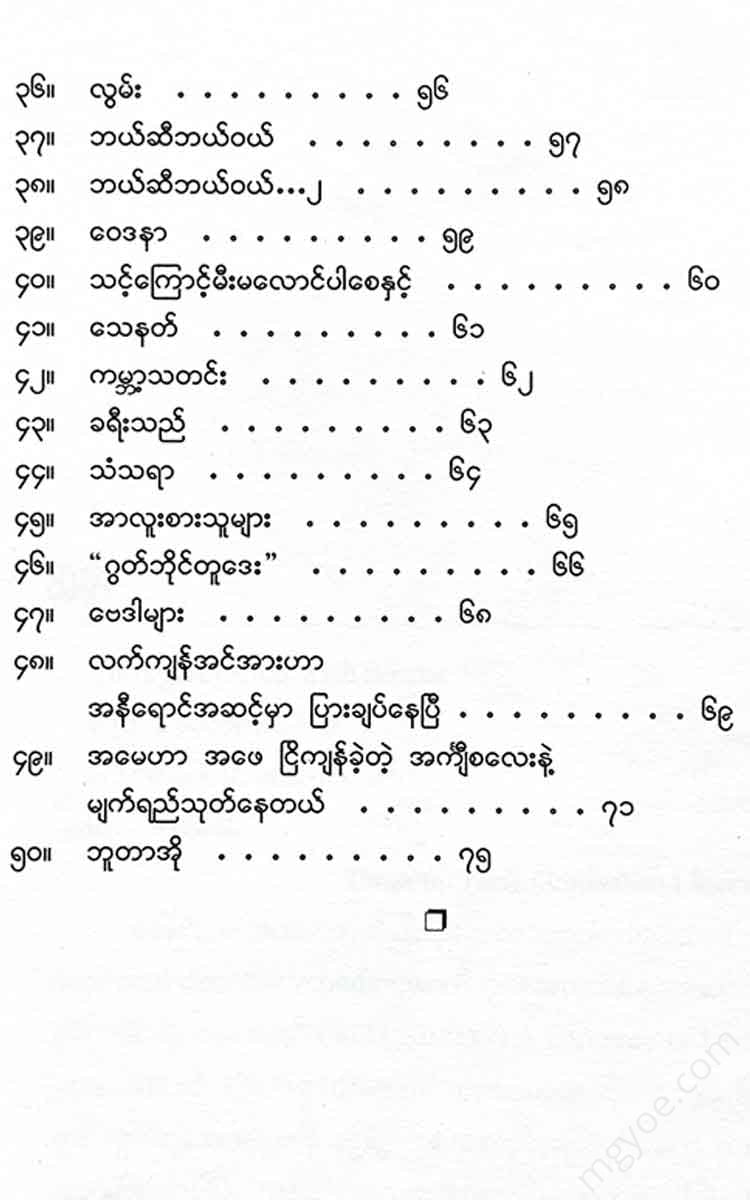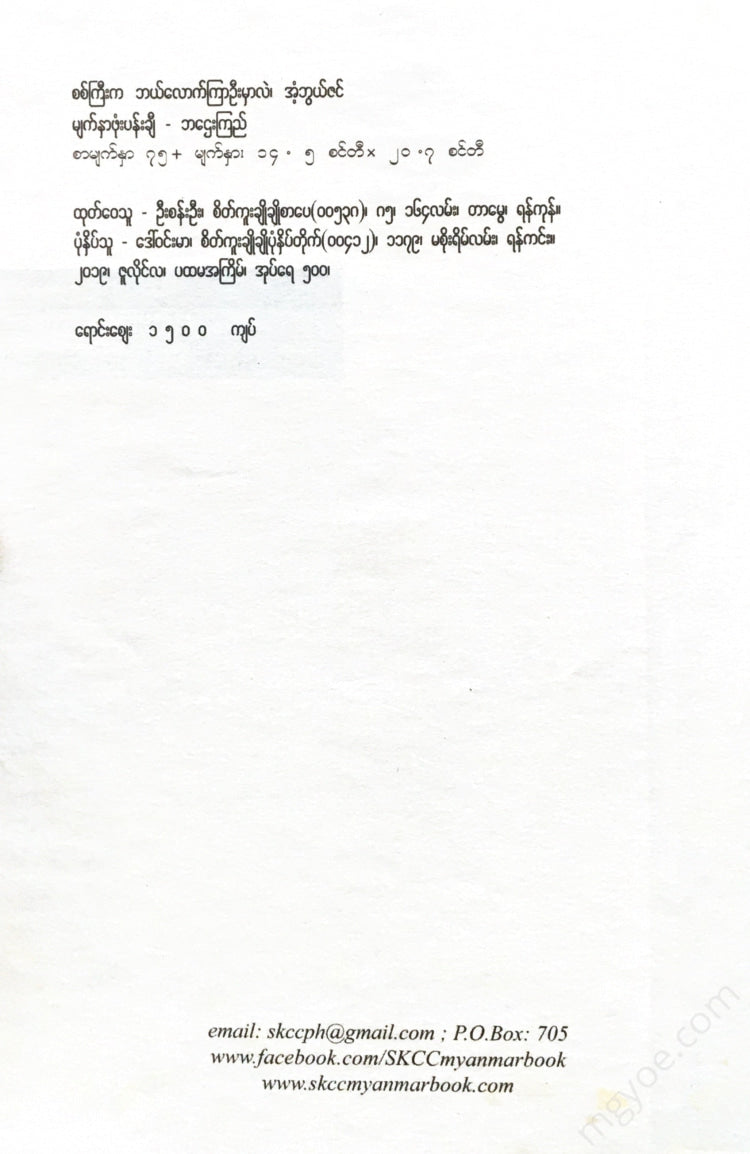စိတ်ကူးချိုချိုစာပေ
Amazing Zen - How long will the war last?
Amazing Zen - How long will the war last?
Couldn't load pickup availability
Though chilled with horror
with a second blow
He struck it, and decided
then to look.
Torquato Tasso (Jerusalem Liberated)
Most of the poems in How Long Will the War Last? use dramatic monologue. According to literary scholar M. H. Abrams in A Glossary of Literary Terms (7th ed, 1999), a dramatic monologue is a monologue in which a person expresses his private thoughts in his own words. The speech of an individual is not a romanticized version of life. It is not a form of self-revelation. It is a way of relating his thoughts and ideas to society. Sometimes he brings out the people he wants to bring out and speak directly to them. In diplomatic poetry -
Don't let people know your pain.
I have long hair.
To make people know my pain
I put on jeans and a T-shirt.
To make people not know my pain
I put on sunglasses.
To make people not know my pain
I told jokes.
Laughing.
It is said. Although there are poetic theories that say that the narrator of a poem cannot be the poet himself, this poem is an interior monologue by the poet Anbwe Zin . But sometimes pain is not so much an individual as an individual. It is something that is entangled in the stressful nature of society. In the poem Nightingale Season, after talking about pleasant situations, he suddenly says. Oh, how fun..., I invite my friend to visit, Really, I forgot my headache medicine, and he is directly communicating with the person he wants to call. It can even be interpreted that the narrator or Anbwe Zin in the poem keeps some parts of his pain for himself and expresses the rest in a different form. Therefore, his individuality is clearly related to society.
Odin had a saying about the poems of his predecessors. About suffering they were never wrong, the Old Masters...). The suffering of the various characters in the poem is transmitted to society. Why? It is more evident in the poem of the common market.
Once upon a time, there were evening sweatshops lined up at a shop that cost 800 kyats.
Oh... what are they building?
The stilt houses are still submerged...
The poet's pain is not just about giving voice to the voiceless, but also about his humanity. His pain is not about the death of signs. It is the kind of pain that makes signs, symbols, alive. It is the kind of pain that makes linguistic meanings productive.
In other words, we do not simply find pain in the stories of the poems or in the poems of Aung Bwe Zin. He sees pain as being relived in various ways, as trying to recreate it. This is because pain is not a pain that comes to the unconscious mind, but a pain that is far from the body. We see pain related to historical awareness (the game of shooting is no longer fun, the poem talks about wars and peace, and finally tears flow, the scene is blurry, the windows and doors are closed, and the city is old with a big shadow, now it is raining, now it is boiling, now it is shaking), class awareness, grief to defiance, and reactions to trying to leave the past behind (for example, in the poem Goodbye Today, the pain of the abnormal period is being crushed and destroyed... Give me my turn, give me my turn).
One of the unique features of the book is its use of repetition. When you use repetition, it's like the narrator is screaming and exploding from his heart. In the poem "Goodbye Today," it's like, "I'll take a turn, I'll take a turn." In the poem "We Have a Room," it's like, "I'll take a turn."
We have a room.
Never opened/opened.
There's no madman lying in front of that room.
There are no spider webs in front of that room.
Welcome in front of that room. There is no sign.
There is no December in front of that room.
That room sometimes speaks.
Sometimes I cry, sometimes I laugh. Even in Sunday Lovers, which reveals the loss of leisure time in human life,
Give me Sunday, give me Sunday, give me Sunday, every day
A day to rest
Give me Sunday, give me Sunday, give me Sunday, every day
The day I lost myself
It is called a double wound. A wound that is both for oneself (in one's mind) and for society, a magical wound that changes in various forms .
In short, most of the poems in this book are not the kind of poems that will make you choke and choke, or the kind that will make your head pop open. They are the kind of poems that will try to make you happy, whispering about the trauma that is spreading throughout the world. How satisfying is that? How soothing? Even if you find joy in the poems, you will have to watch what is happening in the narrator's self and be happy and hurt. What you want from poetry is what this book will contain. But if possible, I would recommend these poems to good translators.
